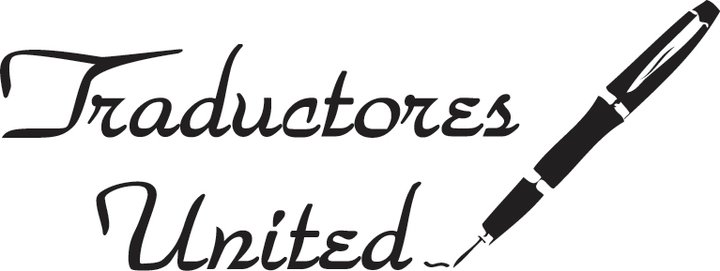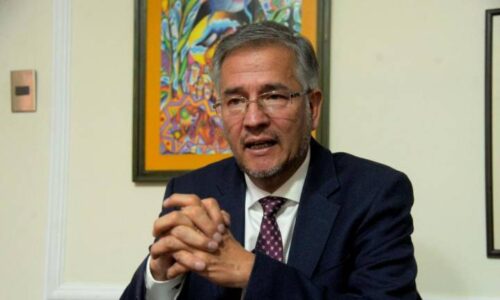

20 July 2021
After his statements about national reconciliation generated a stir, analysts and politicians identify that Evo Morales, president of the Movement Towards Socialism (MAS), radicalizes his speech. They add that the former President projects an authoritarian figure after his image as a brave leader and defender of mother earth was eroding. On the other hand, from the blue party, the words of the former President are justified.
On Sunday, on Radio Kawsachun Coca, the former President said: “There will be no reconciliation with fascists and racists unless they understand that our ideology and our program are good for Bolivia.” His words were the target of criticism from different actors, who described him as “authoritarian.”
Morales expressed his position two days after Monsignor Percy Galvan, Archbishop of the Archdiocese of La Paz, reflected on the political situation in the country. “Yesterday they persecuted some, now they persecute others, and tomorrow there will be others. (…) What are we leaving for our children? This example of vengeance, revenge?, said the priest.
Yesterday, Página Siete [Newspaper] released the Interactive Culture survey, in which 79.8% of those consulted indicated that former President Morales should not be a candidate again in 2025 and 58.1% considered that Morales’ departure from power was due to his resignation and not to an alleged “coup d’État.”
The erosion of the figure of Morales was evident in the process of the subnational elections, where the MAS bases emphasized the rejection of their former authorities and positioned their request for “renewal”, which was even expressed in a controversial “silletazo” (hit with a chair) and ultimatums to the head of the blue party. A month before the MAS wins the national elections in October 2020, David Choquehuanca, today Vice-President of the country, pointed out that the social bases rejected the return of Morales’ environment to the Government.
Later, in June, the so-called “Choquehuanca generation” emerged from the MAS militancy in Santa Cruz, which brings together those who ask for renewal and respect for organic decisions, although they do not question Morales’ leadership.
While in the West, members of social organizations, such as the Bartolinas and Intercultural Women, also spoke out in favor of removing Morales’ environment.
Contrary to the radical line of Morales, in the MAS there is a self-critical and reconciling tendency, although it maintains a low profile. Among them, the most visible is Senator Felix Ajpi, who in time to reject the statements of former Minister Juan Ramon Quintana, when he attacked the Police and compared the Government of Luis Arce with the dictatorship of Luis Garcia Meza, stressed the need for reconciliation.
“If we do not reconcile the country, we will continue to be confronted and that will harm economic development and the fight against the pandemic; in many aspects, it will hamper the efforts made. I, myself, am not a confrontational person,” he said on June 25th.
Morales’ radical position was also expressed in the announcements of greater discipline in his party, heading to his organic congress on August 4th, his statement last week that “new anti-imperialist cadres” will be formed and his request to prosecute the former President of Argentina Mauricio Macri “to defend democracy in Latin America,” considering him one of those responsible for the “coup d’État” in Bolivia, according to the newspaper Página 12.
For the Comunidad Ciudadana Deputy Alejandro Reyes, Morales’ statements show his authoritarian personality. The legislator indicates that he should withdraw and stop looking to be a candidate so as not to continue confronting the country.
“That poll where it is seen that almost 80% of his party does not want him to be a candidate again is the feeling of the population. Since 2019, people do not want Evo Morales, he should accept reality and retire with dignity, because otherwise the only thing he is going to do is deepen the confrontation and the rift within the country,” he said.
In the MAS, Deputy Juanito Angulo defended Morales’ words and indicated that reconciliation is difficult not because of the MAS, but because of the “political interests” of the opposition sectors. The legislator attributed the renewal requests to alleged interference in the ruling party.
“We have had a small analysis with the national legislators and we have verified these interferences that come from outside into our political organization, but we militants and supporters are firm, regardless of whether those political messages come with the objective of dividing us, of confronting us (…). The MAS has its leader, Evo Morales, and in that logic we are going to strengthen ourselves, so that the MAS can move forward,” he said.
For the political analyst Pedro Portugal, Morales seeks to “use resources,” such as the radicalization of his discourse, to “overcome” the slope that he himself created.
“I think that Evo Morales is trying to use resources that can help him to overcome a slope that he himself has created. All those positions of bravery, of pachamamista (earth protector), that he had before in practice he has been denying them. The elements that made Evo Morales indigenous, with courage, with that slogan of fatherland or death, have slowly been eroding and the only way out is to become more radicalized,” said Portugal.
For her part, political analyst Sonia Montaño said: “I think the most recent wound is the victory of Eva Copa and that she had the strength to tell him ‘I didn’t run away’. It is a wound that has not healed. I think Evo Morales is chipped and is now showing fits of rage.”
In this regard, political analyst Carlos Cordero indicated that Morales follows “very well” the recommendations of political marketing in the sense that in politics it is preferable for them to speak ill of you than not to speak of you at all.
“As long as he creates repercussions, he is going to continue in politics more alive than ever. The opinions of Evo Morales express his authoritarian disposition, the idea of imposing a single thought, and, of course, that there is a large majority of Bolivians who express their rejection, but in politics, this rejection may end up exhausting,” said Cordero.
Source: https://www.paginasiete.bo/nacional/2021/7/20/perciben-que-evo-se-radicaliza-medida-que-su-imagen-se-erosiona-301513.html




